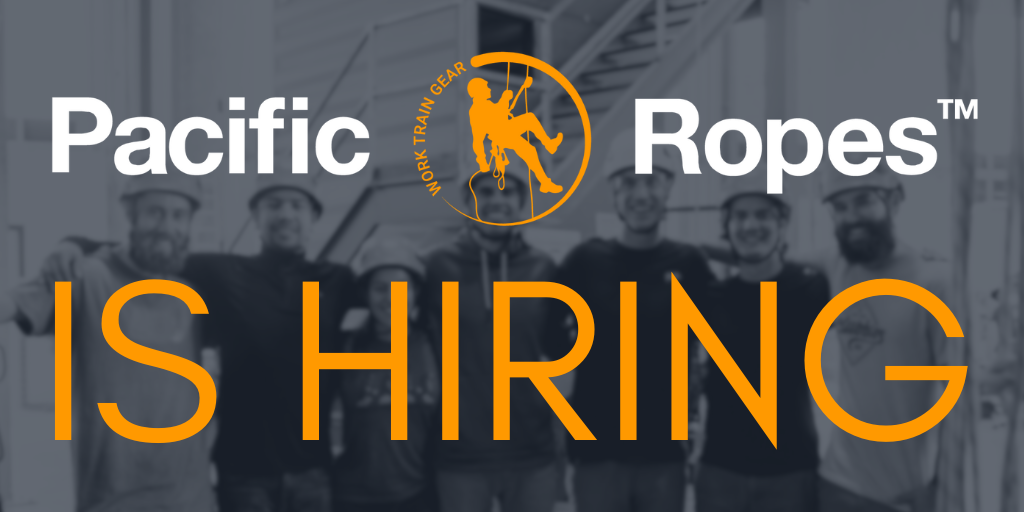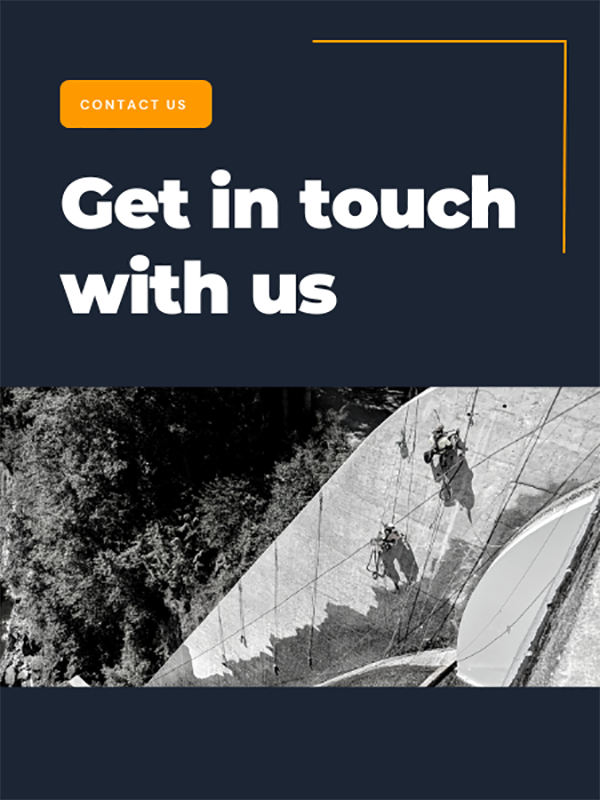In this blog post, we chat about the most common discrepancies in a L2 or L3 assessment/evaluation. We also offer a few helpful tips to get you prepared for your next re-cert of upgrade!
1) One Point of Contact
As unbelievable as it may sound, the top of the list is still coming down to one point of connection! Just to jump straight into it; the difference, typically, is that the maneuvers you’re being asked to perform are a bit more complex than in your level 1. It may be that YOU yourself are on two points of connection, but your casualty is not! Or, you’ve rigged a high point through a double pulley, with two slings, two karabiners, to ONE connection point of the double pulley which ultimately leads to one pin holding the whole thing together. Both ropes are securely in place, but this set-up requires a back-up! See Figure A: And let’s not forget about the dreaded double rigging plate for IRATA.-jpg-2.jpeg)
2) Rigging
Apart from that obvious one, the next big thing to be concerned about is RIGGING. It’s difficult to focus on the in’s and out’s and all the potential scenarios in your 4 or 5 day course, especially seeing as you have a whole plethora of rescues to learn and perfect over that time, as well as theory ( this is why course preparation ahead of time is SO IMPORTANT); the reality is, rigging is 90% of your job in the field going forward. Ask any level 3 technician how many
large re-anchor rescues they’ve performed in the field...The answer is, almost certainly, a resounding ZERO! But how many times have they rigged for rescue, set up work restraint or tensioned line systems. How many Y-hangs does your average window cleaner rig on a daily basis? Too many to count. It's important to pay attention to your rigging during the week and not let that take a backseat to the rescues.
3) Untrained Technique
Which leads us to our next set of assessment day issues, untrained or unconventional techniques. We all know there is a multitude of ways to do everything we do in Rope Access and other rope disciplines for that matter. Different facilities have their own specific risk assessments and methods for performing certain skills, and assessors familiarize themselves with those before hand. If you decide to perform a skill differently than you were instructed in
that facility, you can reasonably expect to at least have a conversation about why you’ve chosen that method, and at worst get a discrepancy for “Untrained, Unconventional Technique”...It may seem unfair, but adaptability and ability to follow direction is a key element to a cohesive team on site and ultimately helps make our industry better! This is not to say that you can’t go above and beyond your training and really show off on assessment day. Sometimes a candidate will rig something different than they’ve been taught and it’s safe, sound and impressive clean rigging. It’s not to say you will always get a discrepancy for going
above and beyond, you just better be sure that what you’ve done is acceptable to either the IRATA or SPRAT systems, respectively.
Hopefully this helps! The best way to prepare for any upgrading course is to find out the methods being utilized at your chosen training centre, ask ahead for materials to study before hand, and really get your mind back into the training mentality. It’s too easy to expect that everything you’re learning in the field will get you through your assessment, as stated; you haven’t performed the complicated rescues required to pass an assessment in some time, and chances are your rigging could use some cleaning up!
Students who spend the time reading beforehand also have an advantage come training time. Read the ICOP, more importantly (for training) READ THE TACS! Get through the SPRAT Documentation as well if you’re taking both and really delve into the subtle differences between the two.
We can't stress enough that for all upgrades, regardless of IRATA or SPRAT, you should be COMPETENT IN YOUR CURRENT LEVEL before attempting to upgrade. This will make your training week more enjoyable for everyone involved and your assessment will be a breeze! Preparation is key!
We have created prep emails and videos for upgrading and recerting L2's and L3's. Click below to get access to there videos!




